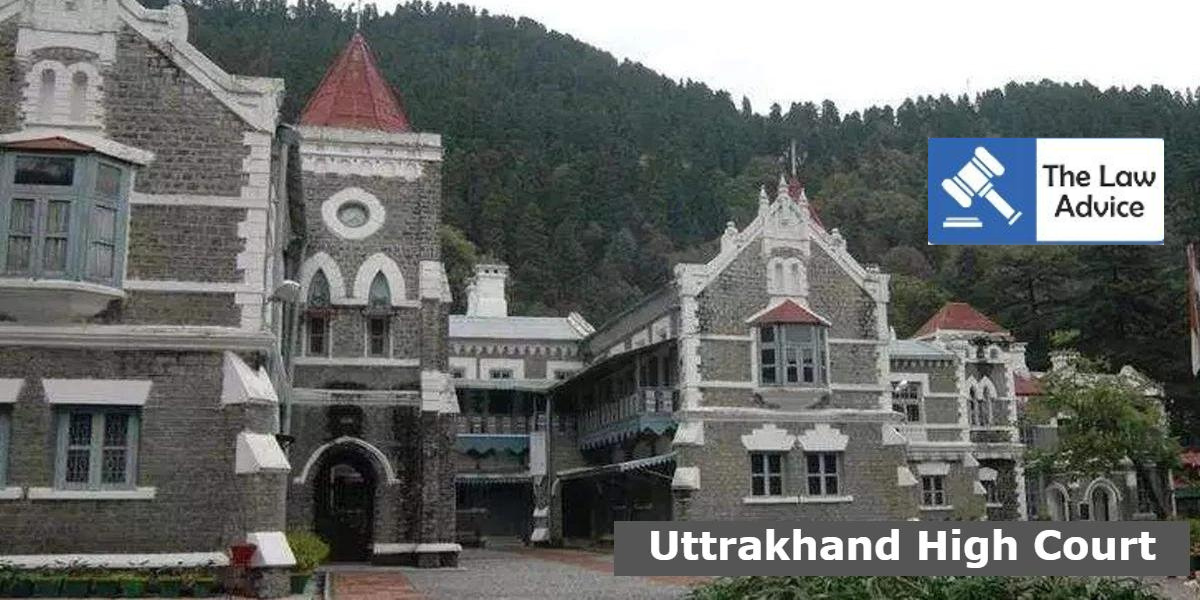
In a key development, the Uttarakhand High Court on Thursday lifted the interim stay on all proceedings related to the Panchayat elections in the state, effectively clearing the way for the electoral process to resume.
The stay had originally been imposed on June 23 by a division bench comprising Chief Justice G. Narendar and Justice Alok Mehra, after the Court found that the State Government had failed to issue a gazette notification concerning its newly introduced rotation-based reservation policy.
The interim relief was granted while hearing multiple petitions challenging the abrupt implementation of the new policy, which replaces the existing rotation cycle for reserved seats in Panchayat bodies.
Following the stay order, the State Election Commission had put all election-related activities, including nomination filings, on hold. However, with the stay now vacated, the Commission is expected to proceed with the electoral process.
Court Seeks State’s Response Within Three Weeks
While allowing elections to move forward, the Court has directed the State Government to file its detailed response to the pending petitions within three weeks.
The lead petitioner, Ganesh Kandpal, represented by Advocate Shobhit Saharia, has argued that the newly adopted reservation policy violates previous judicial rulings and contravenes Section 126 of the Uttarakhand Panchayati Raj Act, 2016. Under the statutory scheme, a seat reserved for a specific category is required to remain reserved for three consecutive terms before rotation is allowed.
The petitioner contended that by introducing a fresh reservation cycle mid-way, the government had disrupted the mandated rotation sequence. This, it was argued, would result in certain constituencies remaining reserved for an extended period, thereby depriving eligible candidates of the opportunity to contest.
On Tuesday, the State Government filed an application seeking vacation of the stay, informing the Court that the revised reservation policy had been officially notified in the gazette on June 14. The failure to produce the notification earlier, the State claimed, was due to a “communication gap.”
The government further defended the policy, asserting that the changes—whether introducing first-time reservations or revising existing ones—were within the bounds of constitutional and statutory provisions.
The matter remains pending, with the Court expected to examine the legality of the new policy in greater detail in the coming weeks.
Website designed, developed and maintained by webexy